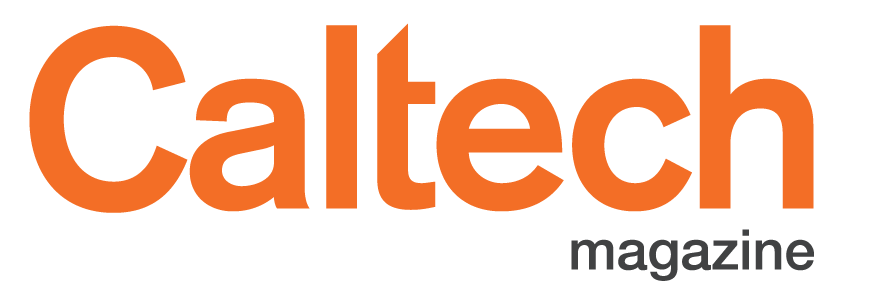In a Time of COVID, the Show Must Go On(Line)
Courtesy of Michael Alexander
Together, from a distance
Michael Alexander, Caltech’s public programming director, likes to say he is in the “people-gathering business.” At the helm of CaltechLive!, which brings musicians, actors, and dancers to Beckman Auditorium, Alexander has cultivated opportunities to attract diverse audiences and bring people together for informal post-performance discussions at the Red Door Marketplace.
The COVID-19 pandemic changed all that. With all performances online for now, Alexander has had to adapt the series. A live YouTube concert in April with Irish fiddler Eileen Ivers featured both music and banter as Ivers fielded questions from Alexander and responded to comments from the chat stream. The event attracted more than 1,000 viewers and bolstered Alexander’s confidence in the viability of an online-only program. “We are not in a position to create something that is going to compete with a Broadway show or a commercial network presentation,” says Alexander, who came to the Institute in 2018. “What we can do is create unique conversations with a Caltech stamp that cannot be replicated elsewhere. We are looking at opportunities to find artists who have some kind of connection to science and are addressing issues that are uniquely appropriate for Caltech.” Here is what Alexander and his team have planned this fall for the series now named The Show Must Go On(line):
Live theater
“In November, we will be presenting a live play called Blood/Sugar by actor Diana Wyenn, who is a Type I diabetic. The play will actually be produced in her house with a three-camera shoot that she and her husband will manage, with the video designer sitting about 3 miles away, looking at the screens and executing the switches and adding the layers of visual effects in real time. And at the end of this 65-minute play, we will switch into a dialogue-friendly program where audience members and Caltech scientists can discuss the play. I’ve seen the play before onstage, and it’s a very, very powerful piece. At one post-performance conversation, I heard a diabetic say it was the first time they’d ever seen their story onstage.”
Author interviews
“At this point, we have three great authors who we’re working with. One of them, Blake Hill-Saya, wrote about her great-great-grandfather, Aaron McDuffie Moore, who was the first Black physician in Durham, North Carolina. And then we’ve got a memoir by [Caltech vice provost, English professor, and chief diversity officer] Cindy Weinstein about her father’s struggle with Alzheimer’s, which she co-authored with a physician. Our third author, Indre Viskontas, is a neuroscientist and also an operatic soprano who teaches at the music conservatory of San Francisco. She has a book about how the brain turns sounds into music. These presentations will follow the model I often hear on public radio, with a host in conversation with the author and time set aside for the author to read one or two passages from the book.”
Music and dialogue
“Konstantin Batygin (MS ’10, PhD ’12) [professor of planetary science] is one of three faculty members, along with Julia Greer [materials science professor] and Lucy Jones [visiting associate in geophysics], who were probably at some point in their life caught in that spot of, ‘Am I going to be a musician or a scientist?’ Konstantin is a rock and roll musician, Julia is a concert pianist, and Lucy plays the viola da gamba. We will be presenting short programs in which they will play some of their music and then we will have some dialogue about the role that art plays in their lives. It is part of what we can do to help the community stay in touch in the absence of those occasional encounters at the Athenaeum and at the Red Door.”
For more details, go to events.caltech.edu.

